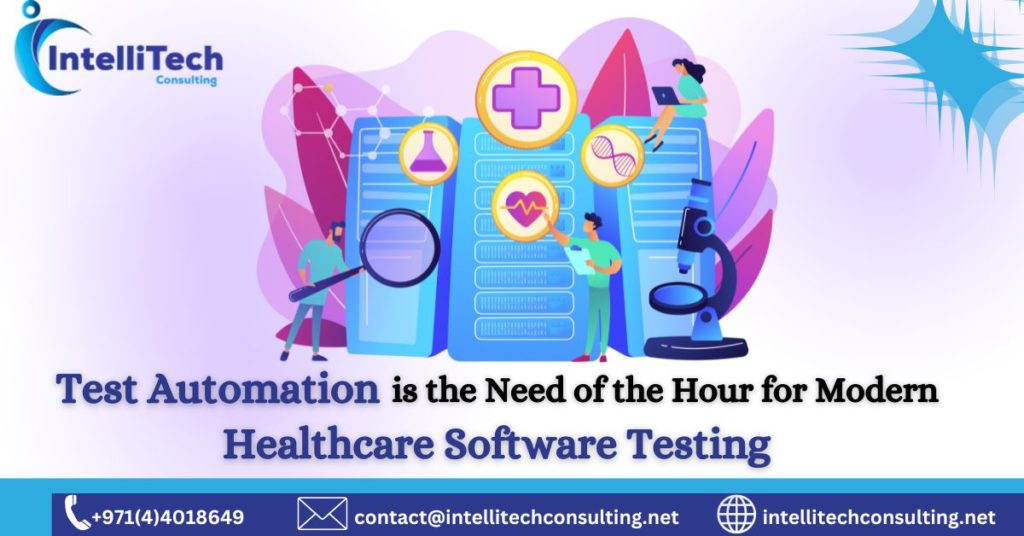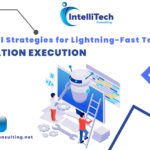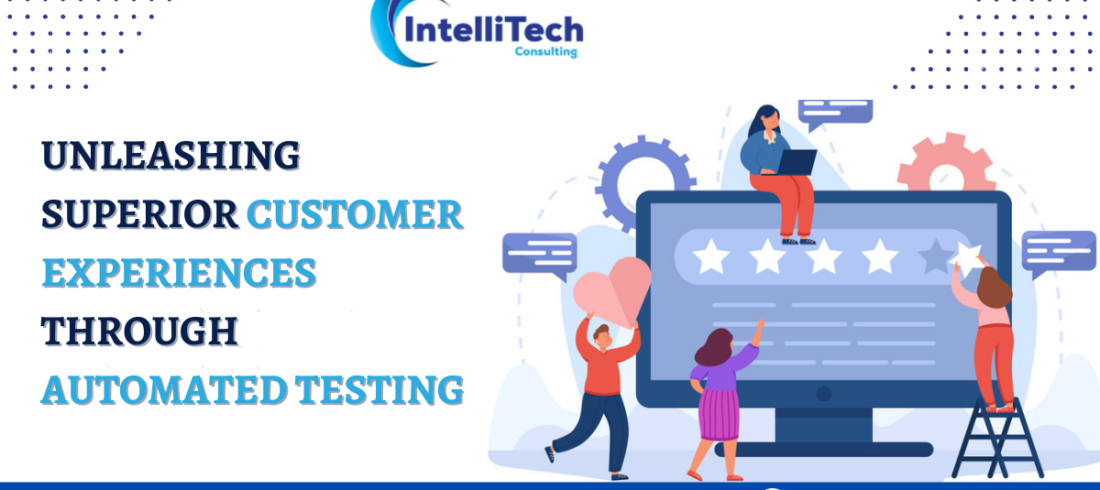

The whole healthcare industry is going through a digital facelift. New digital technologies like artificial intelligence, machine learning, and the Internet of Things help to deliver smarter solutions in healthcare to cater to improved service to the masses.
In digital medical systems; there are different technologies like telemedicine, monitoring wearables, AR/VR, and other self-care gadgets. These applications and technology are processing high-volume of patients’ data on a regular basis.
Deploying digital health systems that meet regulatory standards and are stable for a large number of users demands a considerable amount of effort. Having QA teams solely comprised of manual testers may lead to repetitive test cases that can hinder scalability and the rollout of new features.
Automated testing is crucial for modern healthcare enterprises to tackle issues related to the safe deployment of their digital health systems. It enables them to shorten release cycles and meet business needs while maintaining productivity and operations throughout the healthcare value chain. Test automation also allows medical enterprises to conduct repeatable and scalable test cases against real-world scenarios.
Test Automation for Healthcare Software
With the growing popularity of DevOps and mobile apps; there is a huge demand for test automation to attain faster time to market across all industries. Many leading healthcare enterprises have already mandated test automation services.
In most medical applications; a huge amount of personal records and medical images are being shared leading to security risks. It needs a complex network of the system to ensure the smooth functioning of all the activities.
So, we can say that medical applications generally find three challenges in their testing requirements.
- Scalability: The application must support a large number of simultaneous users.
- Fail-over control: The application must execute all the functions properly even under high load with static fail-over capability
- Reliability and efficiency: When supporting a huge user base & numerous formats with a quick page navigation response time, the application must scale quickly.
To address various QA issues, a range of testing components, including functional testing, integration testing, GUI testing, and regression testing, were deployed alongside test automation techniques.
Intellitech has implemented a federated architecture, which ensures high scalability and true load and data isolation between different tenant organizations. This architecture comprises multiple deployments and a central set of components that store global information such as lists of organizations and users. Additionally, the centralized messaging service is provided by these components.
By automating tests, bug detection in UI, API, and server loads can be accelerated, reducing the overall regression cycle time, which typically takes several weeks. Intellitech applies stochastic testing techniques to detect bugs and achieve significant business objectives for the clients, including a 60% reduction in cycle time and a 65% improvement in bug detection capability before the release cycle.






